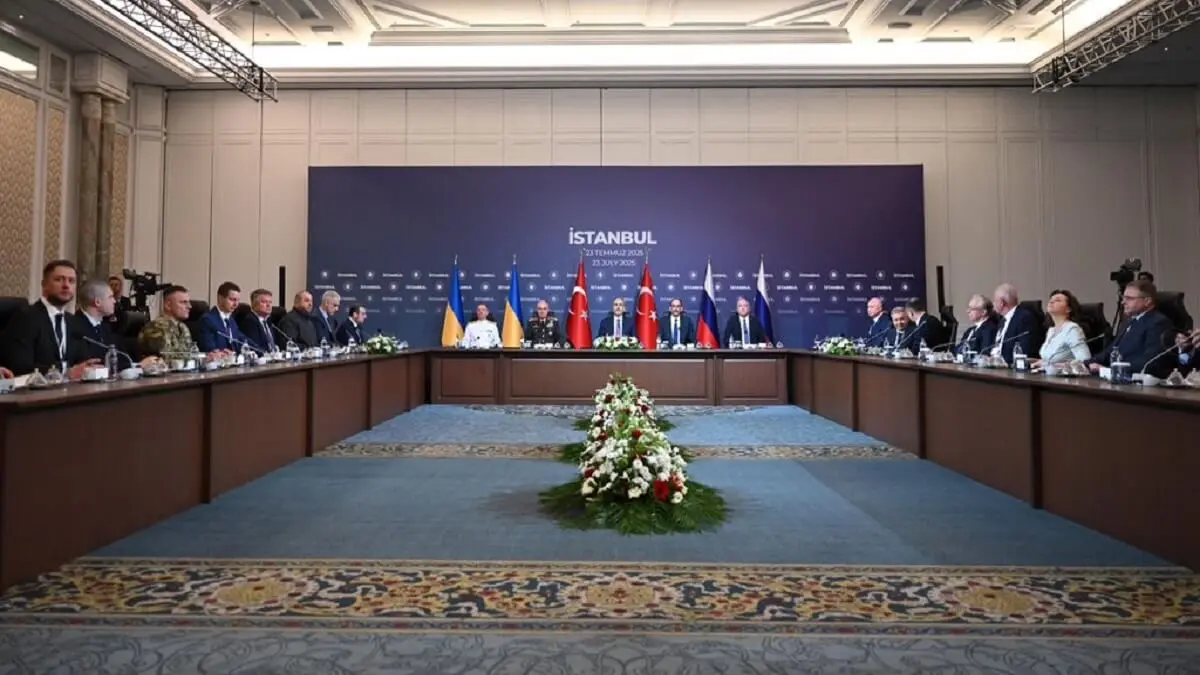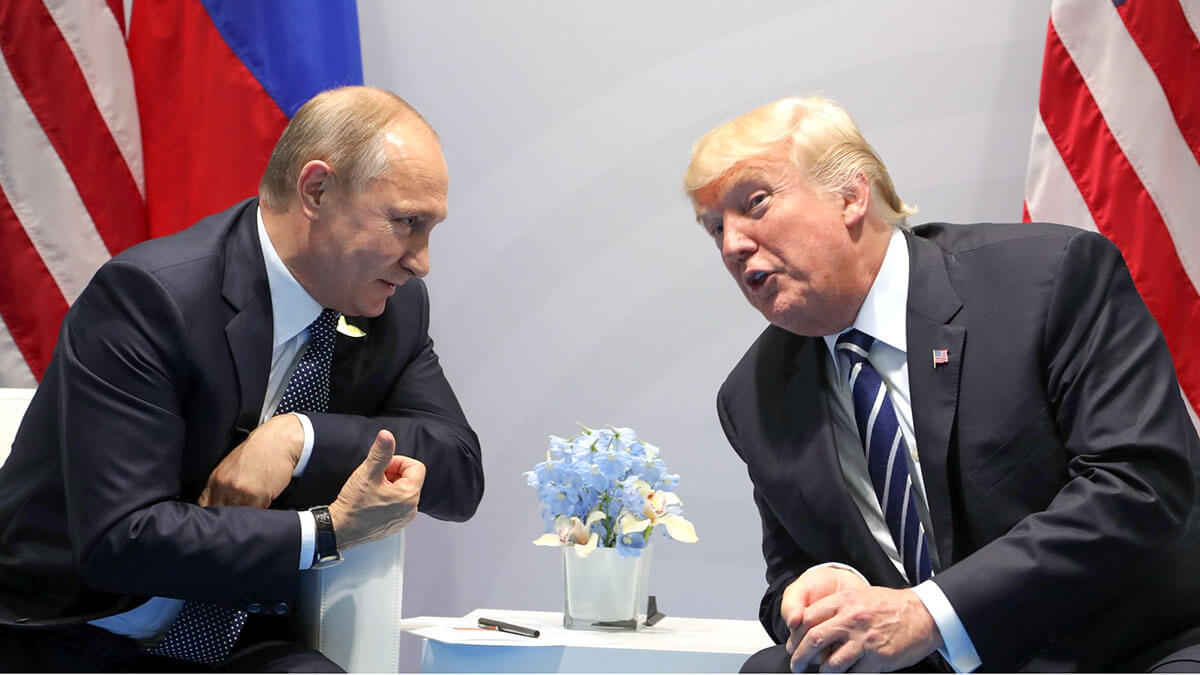Russia and Ukraine agree to exchange 1,200 prisoners

Istanbul has been the scene of a new round of talks between senior representatives from Russia and Ukraine to negotiate an end to the Russian invasion of Ukrainian territory, which has now lasted almost three and a half years.
The summit held in Turkey, as part of the third round of talks, served as an opportunity to agree on the exchange of 1,200 prisoners from both sides, as was officially confirmed.
‘Continuing with the exchange of prisoners of war, we have agreed that at least 1,200 more prisoners of war will be exchanged by each side in the near future,’ Russian representative Vladimir Medinski said at a press conference.
Russia also proposed to Ukraine the handover of the bodies of another 3,000 soldiers involved in the war on Ukrainian territory.
The prisoner exchange includes, for the first time, detained military personnel and civilians from both countries, according to the Russian news agency TASS. Meanwhile, the Ukrainian delegation said at a press conference after the meeting between the two sides that Moscow must take a more ‘constructive’ approach to the peace talks.
The Ukrainian and Russian delegations were led by Rustem Umerov, former Ukrainian defence minister and now secretary of the National Security Council, and Vladimir Medinsky, adviser to Russian President Vladimir Putin. According to Interfax, the two met face to face before the start of the talks at the Ciragan Palace in Istanbul, hosted by Turkish Foreign Minister Hakan Fidan.
As part of our sustained efforts to establish lasting peace and stability in the region, we hosted the third round of direct talks between Russia and Ukraine in Istanbul.
— Hakan Fidan (@HakanFidan) July 23, 2025
We extend our sincere appreciation to both parties for the confidence they have placed in President Erdoğan… pic.twitter.com/FpLV5Ceg54
The Ukrainian side proposed a meeting between Ukrainian President Volodymyr Zelensky and Russian President Vladimir Putin before the end of August, with the presence of the US and Turkish leaders, Donald Trump and Recep Tayyip Erdogan, who are involved in the negotiations to achieve a ceasefire in Ukraine.
However, the central issue, which was precisely the ceasefire, did not lead to a definitive agreement between the parties involved. Thus, the Russian invasion of Ukraine continues under Vladimir Putin's demands to definitively take control of the territories he claims as part of the Russian Federation. Vladimir Putin's Russia specifically claims the annexation of four Ukrainian regions: Donetsk, Luhansk, Kherson and Zaporizhia, in addition to the Crimean peninsula, which was already annexed unilaterally in 2014, arguing, among other things, that these areas have a Russian majority and have historically been part of Russia. These conditions are not accepted in any way by the Ukrainian state.

Precisely, since taking office as President of the United States for the second time, Donald Trump has been heavily involved in attempts to achieve a ceasefire in Ukraine and also in the Gaza Strip, the two hottest spots on the international scene at present. In the case of Ukraine, the US leader has tried to take advantage of the good relations he has with Russian President Vladimir Putin, which were already evident during Trump's first term, but even this has not managed to sway the Russian leader from his annexationist stance. He has not had much luck with Volodymyr Zelensky either, whom he received at the White House to persuade him to give in to some of Russia's demands, only to be met with a strong refusal that led to a moment of considerable tension in the face-to-face meeting between the two presidents.

On 14 July, Donald Trump gave Vladimir Putin 50 days to reconsider his position and reach a rapprochement with Volodimir Zelenski, and the proposal for a meeting between Putin and Zelenski before the end of August would fall within the deadline set by the US president.
Contacts are therefore continuing to address the three main issues at the heart of the talks: the ceasefire, the exchange of prisoners and the meeting between the two leaders.









